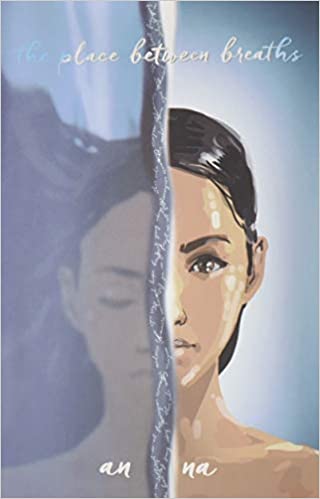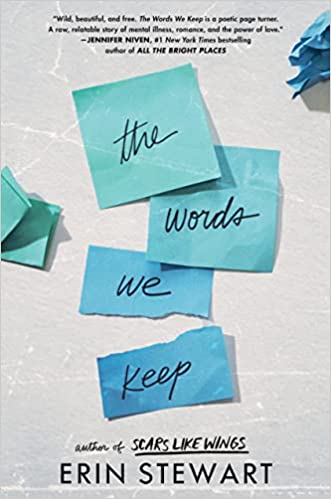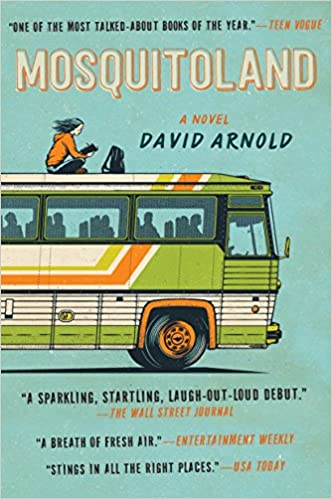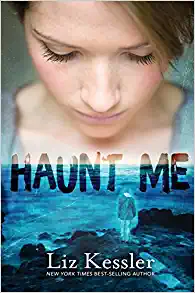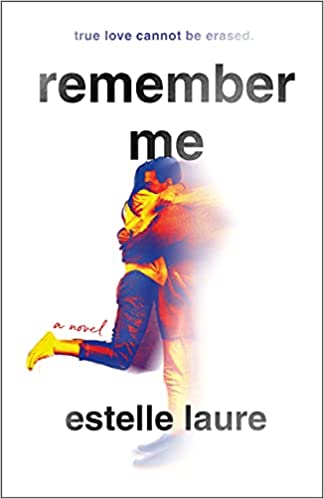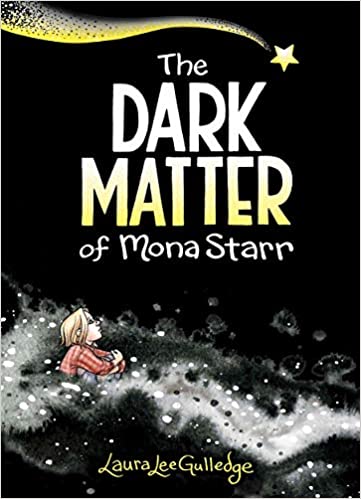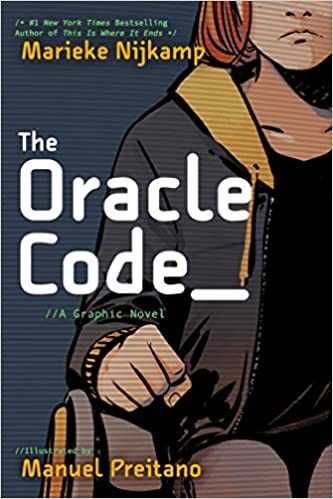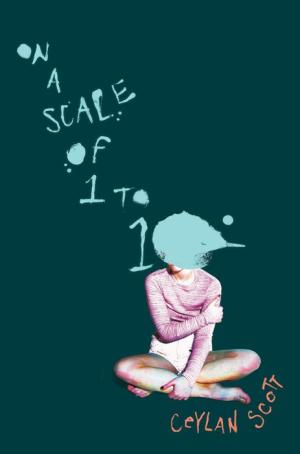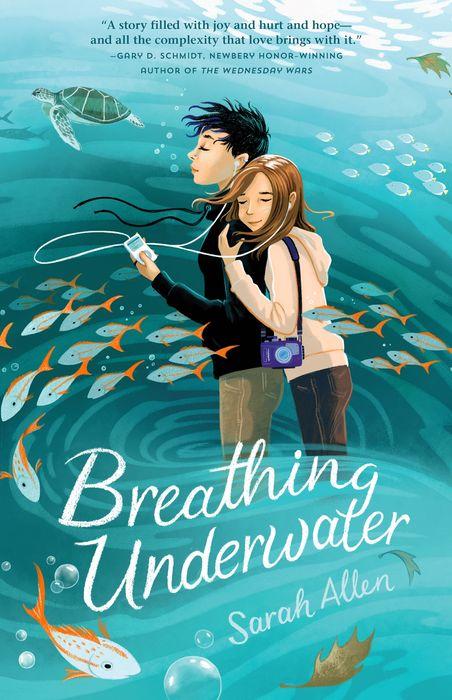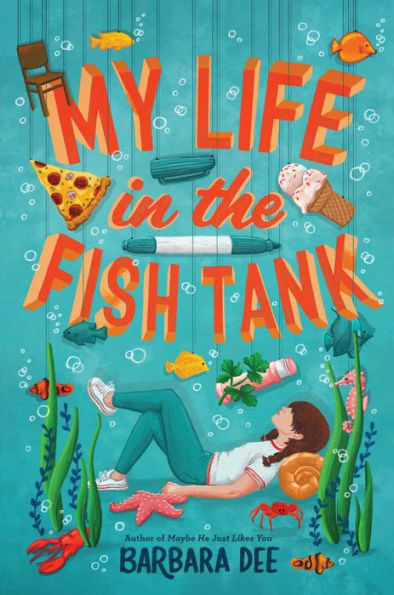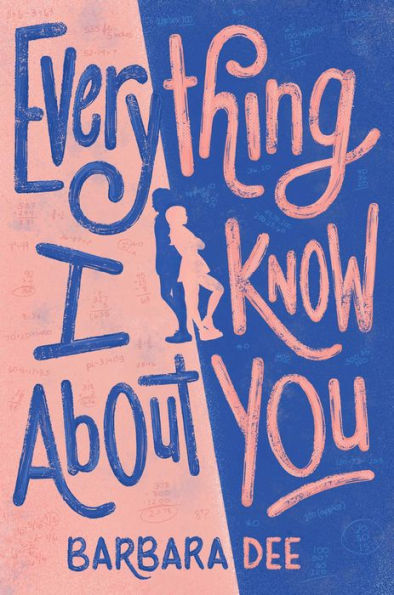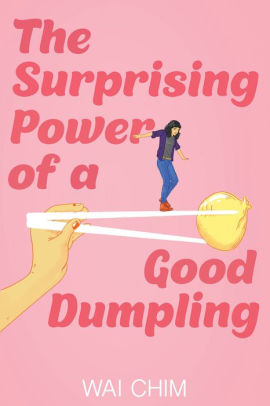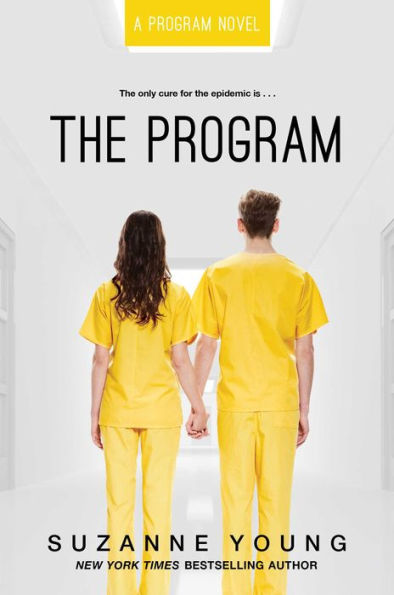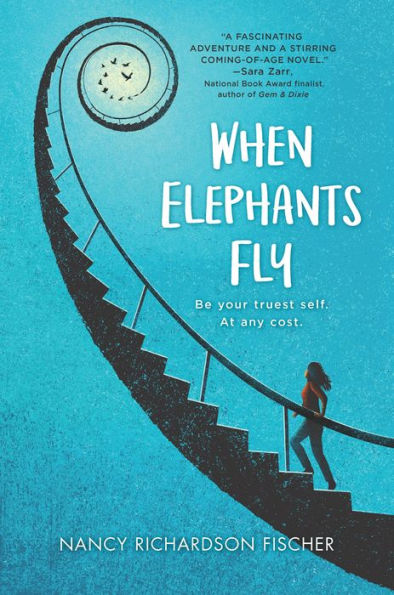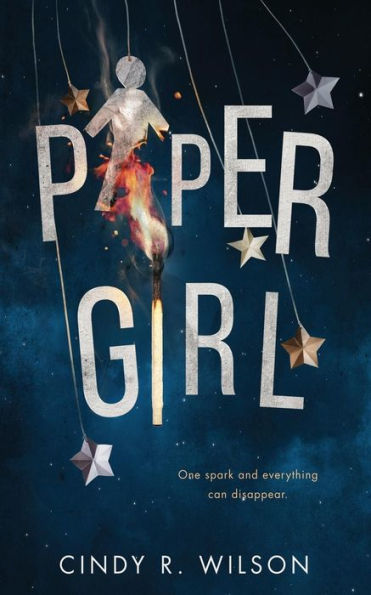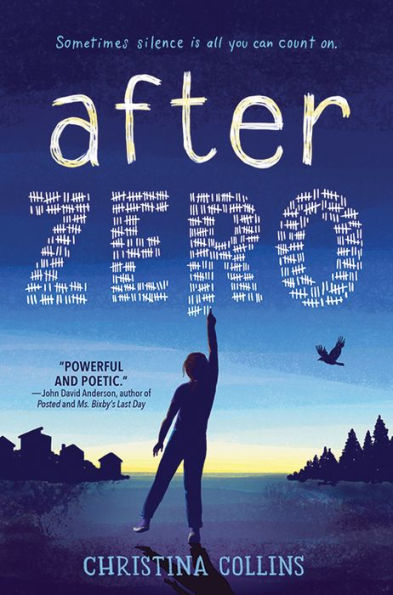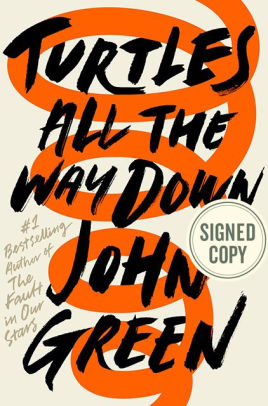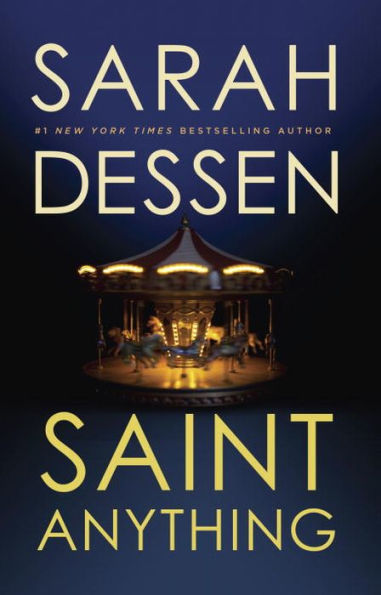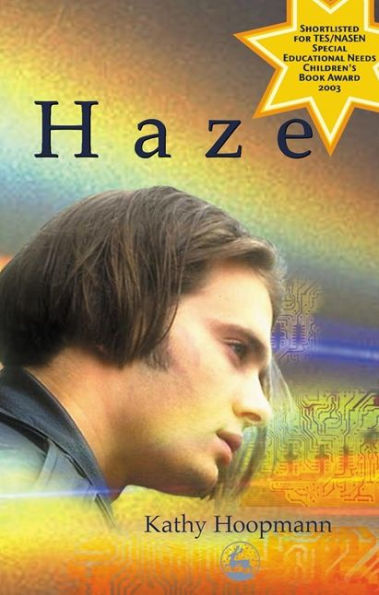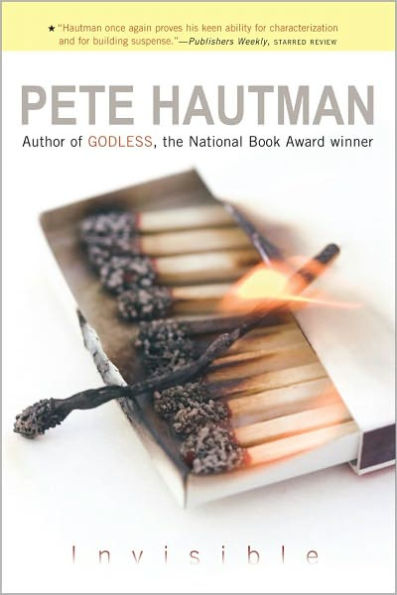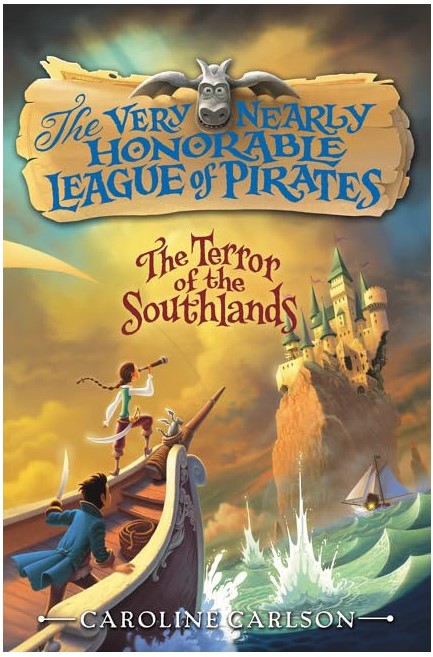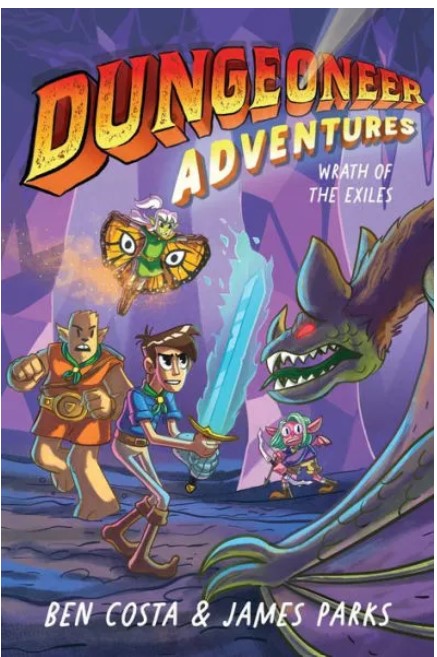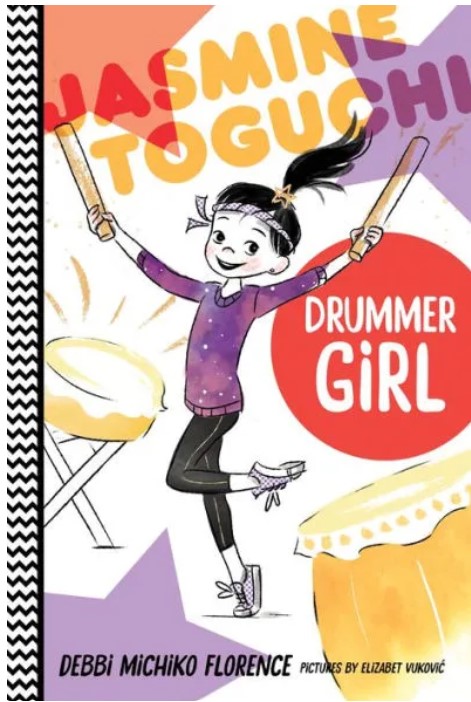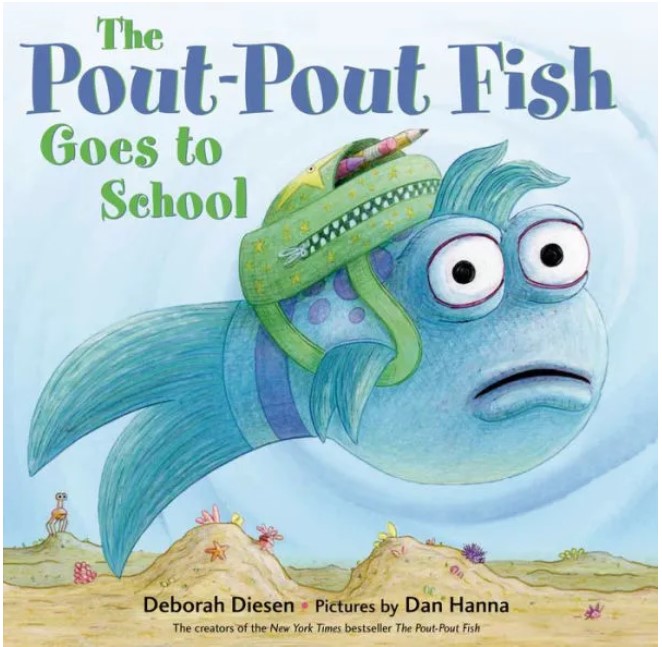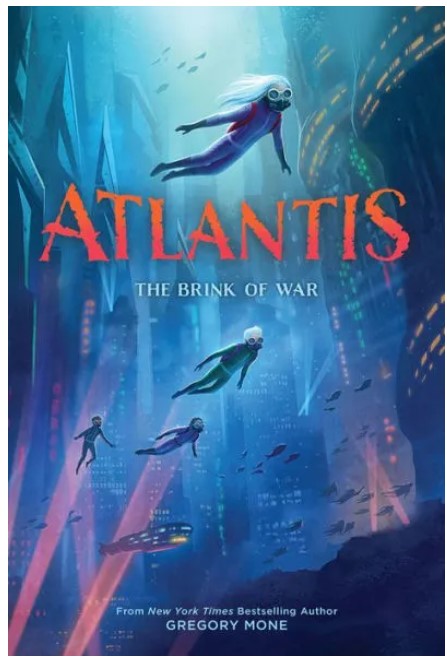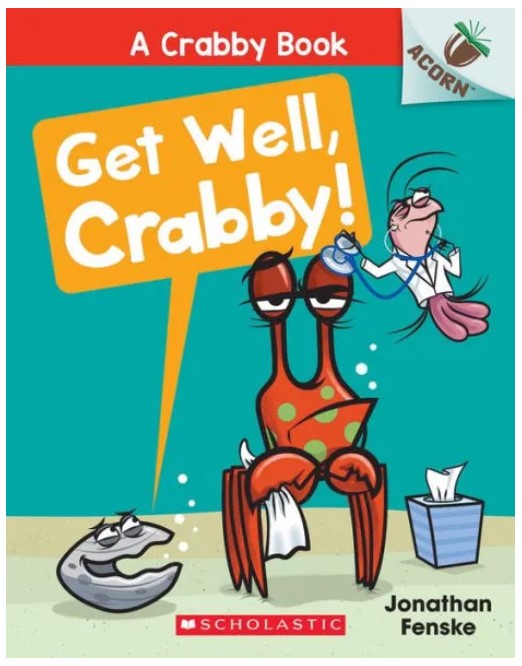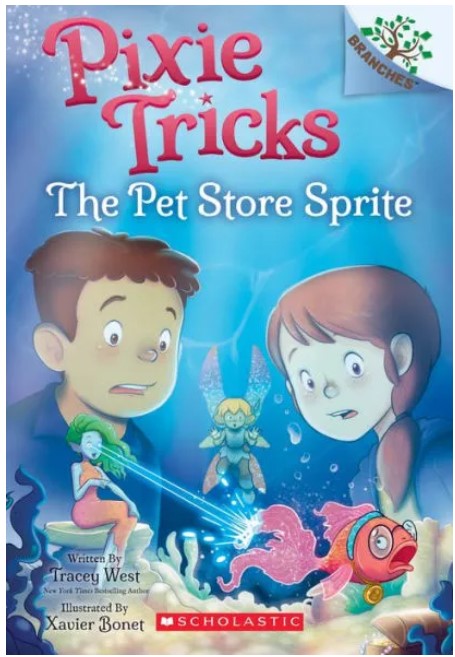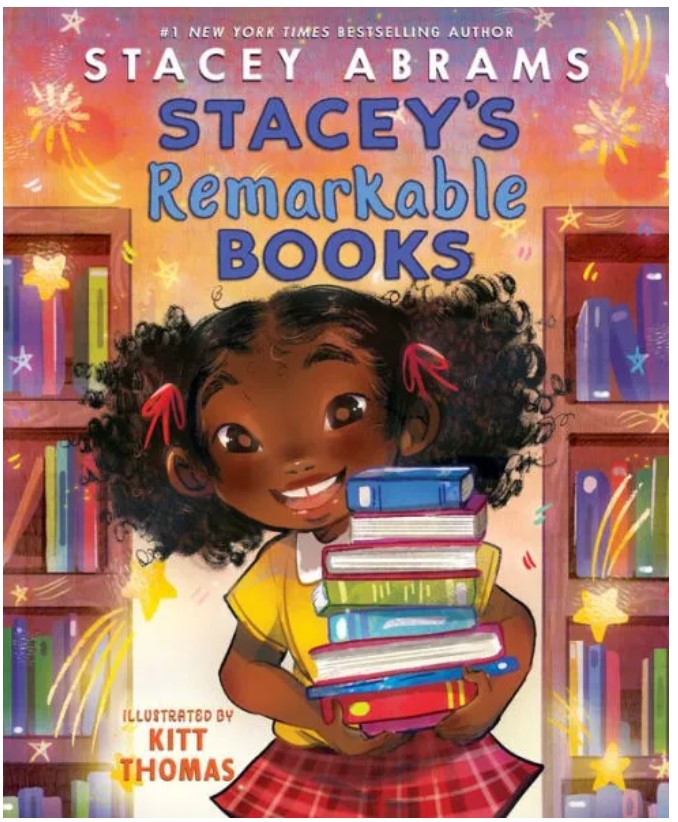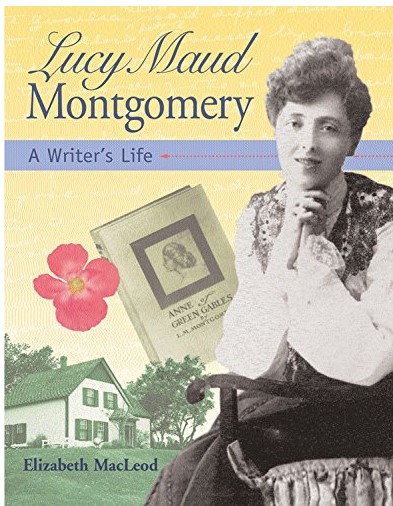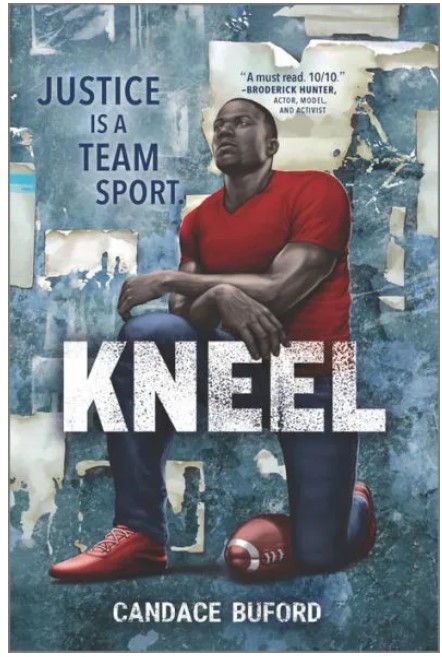It’s been years since Grace’s schizophrenic mother fled from her and her father, Dr. King. Deep down, Grace knows that her mother’s disappearance was purposeful – that she left out of fear that staying would only cause the family more pain. Now in her teens, Grace’s relationship with her father is strained. Dr. King is still working tirelessly as a recruiter at a lab that studies schizophrenia in order to find a cure. “He waits for [his wife] to return, to be found, and finally, finally, their love, [their] family [to be] whole again.”
Grace, who is interning at the same lab, knows better than her father. She knows “what is and is not within the realm of possibility . . . [that] hope is just a four letter word.” The only thing she believes in is science. And one day, science comes through for Grace. She discovers a DNA code that could be the breakthrough her father has hoped for. Or at least, that’s what she thinks. The discovery could be a delusion, as Grace’s mind has already begun to slip. Grace is experiencing symptoms that are all too familiar to the ones she witnessed as a child. Soon, she cannot be certain of what is real—and neither can the reader.
The Place Between Breaths is rather unique in the way it is presented. Grace narrates much of the novel; however, several chapters take on different points of view. Sometimes the reader is given flashbacks from Grace’s childhood that are told in the third person. Other times, the narrative takes on a second-person point of view with an ambiguous speaker who is speaking to an unknown person. This creates a somewhat disjointed and intentionally confusing reading experience, like puzzle pieces that are meant to be put together as the story goes on.
Grace’s emotions are very raw making her easy to sympathize with. The reader feels her growing hopelessness as her schizophrenia consumes her. During a schizophrenic episode, Grace thinks to herself, “Please let me die. I refuse to live like this.” Readers will want Grace to find peace in her rapidly deteriorating state. Other characters are difficult to get a good sense of, which is clearly intentional. Since Grace cannot be certain of what is going on around her, the reader cannot be certain if the people around her are who she perceives them to be.
The Place Between Breaths requires readers to pay careful attention to the text, particularly in the concluding chapters. It may even be necessary to read the novel over again to grasp what exactly happens. This is doable, as it is a brief 181 pages. However, certain readers might be irritated by how confusing the narrative is and frustrated by the lack of closure. The confusion is purposeful because the audience is meant to experience the story through the lens of having schizophrenia.
The Place Between Breaths is an important novel that spurs an honest understanding and empathy for those suffering from schizophrenia. It is a uniquely told story that manages to be moving despite its confusing nature. It has a bittersweet message that, while many people continue to fall victim to this disease, medical advancements are slowly but surely being made. Teenagers who are interested in exploring mental illness in literature will likely enjoy the read. However, The Place Between Breaths is definitely not something everyone will enjoy. The Surprising Power of a Good Dumpling by Wai Chim also explores how mental illness can affect a family.
Sexual Content
- Grace’s friend Hannah is pregnant. When talking about the pregnancy, Grace says, “I didn’t think things were that serious with you two. I thought it was strictly messing around.”
- Grace is cynical about Hannah’s relationship with her boyfriend and suspects that “he probably just [uses] her for sex.”
Violence
- During a schizophrenic episode, Grace notes, “my teeth sink into the soft flesh of my tongue. Blood pools in my mouth.”
- Grace hallucinates a train coming toward her house and panics. She says, “I will myself to die before the train explodes into the house. I smash my face against the floor. My nose fills with blood.”
- During a heated argument, Grace attacks Hannah’s boyfriend, Dave. She describes, “I reach up and grab him by the hair. Bite his shoulder.” During the fight, Dave shoves Grace to the ground. “The back of [her] head slams against the pavement” and she is knocked unconscious.
- Grace’s fellow intern, Will, reveals that his schizophrenic twin sister killed herself years ago. He recalls stopping her during her first attempt. Will says, “‘My dad had this sword collection . . . she got into the room . . . I tried to take it away from her . . . that’s how I got these scars [on my palms].”
- Will says his intervention in his sister’s suicide attempt “didn’t do any good. Because in the end, she still found a way to end her life a few days later.”
- One of the book’s second-person perspective chapters describes the feeling of a schizophrenic breakdown, how “you will feel as though your ears are bleeding from the cries . . . your skin ripped open from the clawing.”
- At one point in Grace’s childhood, her mother harmed her during a schizophrenic episode. Her mother “pulled her close and then placed the blade [of a knife] against the pillowed fat of her cheekbone. The ridge and edge forming an indented line.” It is unclear if she actually cut her.
Drugs and Alcohol
- As a young child, Grace witnesses her father injecting her mother with something to help combat a schizophrenic episode.
- Several characters note that the drugs for treating schizophrenia have improved vastly.
- Grace attempts to kill herself by poisoning her coffee with cyanide stolen from the lab, but she is stopped by a hallucination.
- While in treatment, Grace “takes the pills when [she is] told to.”
Language
- Minor words of vulgarity, including damn, ass, and hell are said on a few occasions.
- Fuck and shit are used occasionally.
Supernatural
- None
Spiritual Content
- Grace confronts Hannah’s boyfriend, Dave, about him wanting Hannah to carry their child to term. He says, “I wasn’t raised to just cut and leave. My faith means a lot to me. I actually prayed on this, Grace.”
- Grace tells Dave that “‘there is a reason your GOD gave scientists the brains to create birth control and abortion.”
- A doctor at the lab Grace interns at compares the work of a scientist to religion, saying, “our place of worship is here [at the lab]. Our scriptures and prophets are the texts and scientists who have come before us. We are just as adamant and at times fantastical as any zealot.”
- Grace’s mother is described as praying at one point during her childhood
- Grace is highly skeptical of religious faith. The topics of faith and worship are motifs throughout the book.
